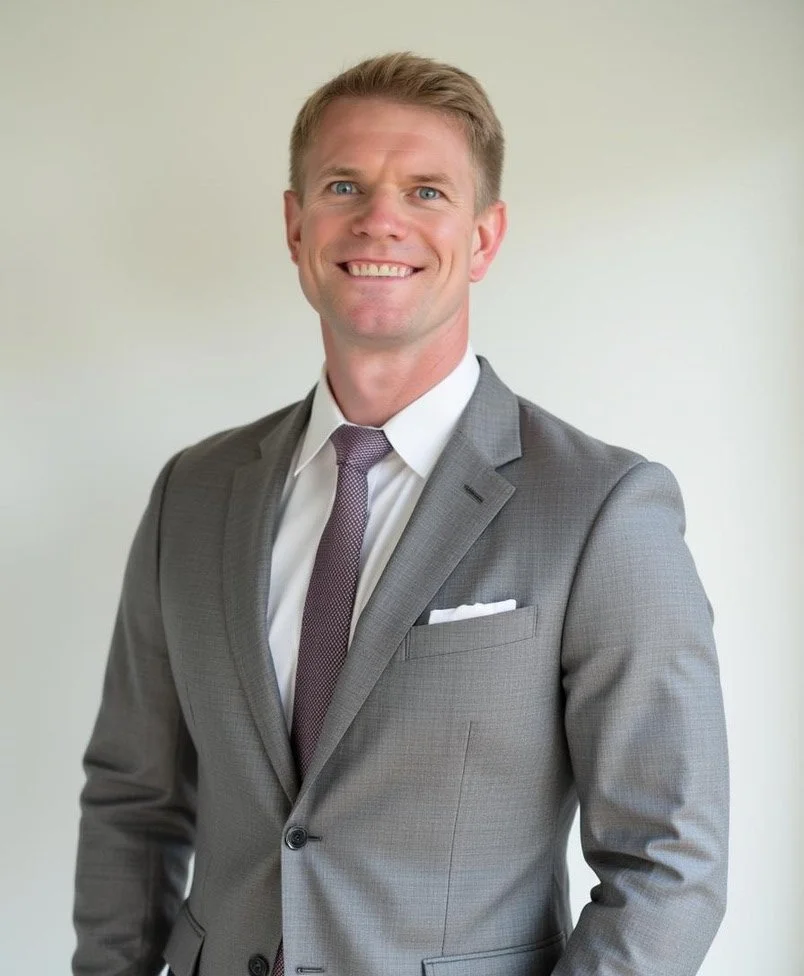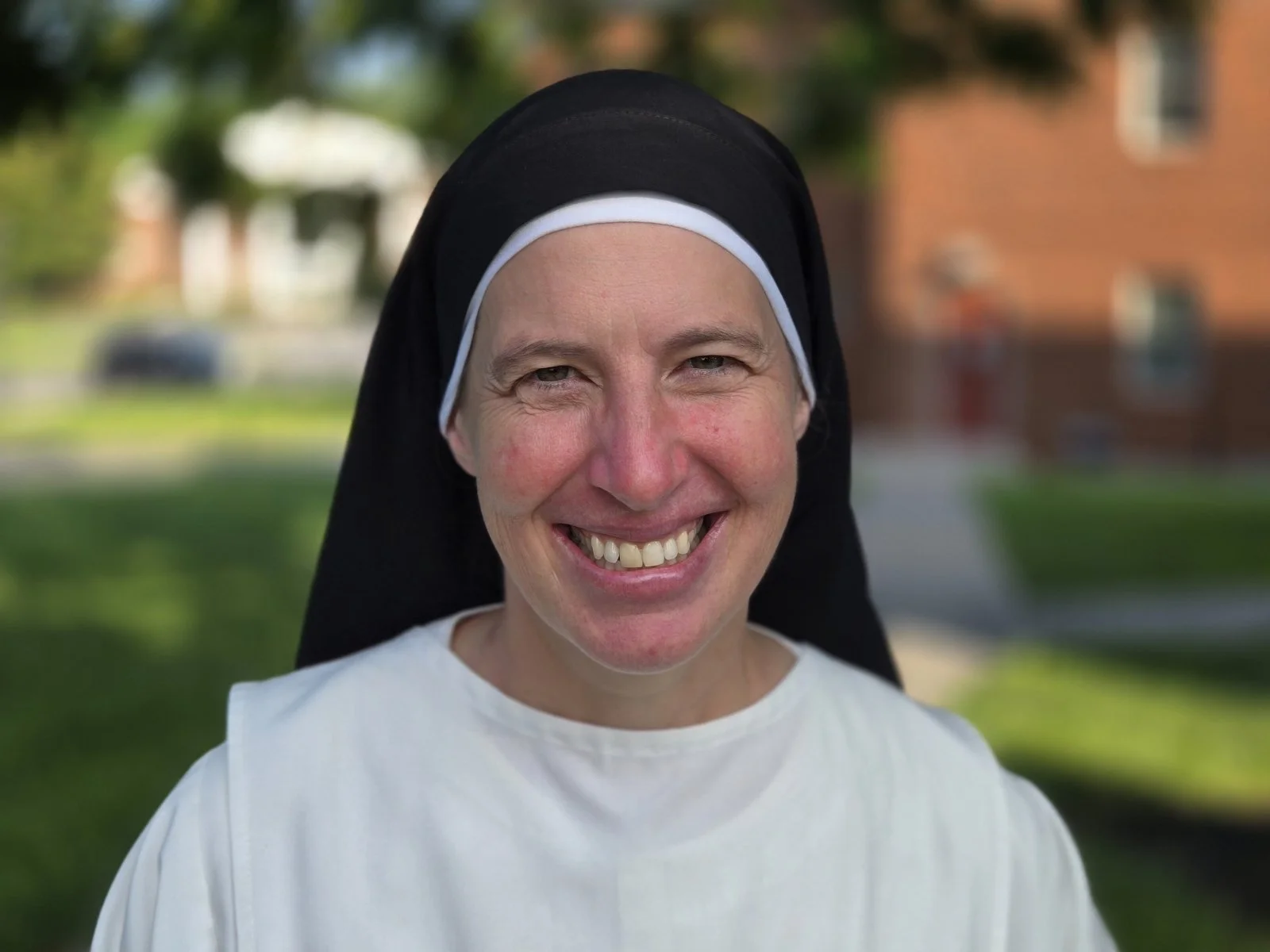How to Start Healing After Growing Up in a Broken Family
7-minute read.
Have you ever wondered, ‘Is something wrong with me?’, ‘Why is it so hard for me to trust other people?’, ‘How come healthy relationships feel impossible to me?’, ‘Why do I feel so depressed?’.
If any of these questions have occurred to you, you’re in good company. Most kids with divorced parents or from broken families ask them at some point.
Here’s the truth: there’s nothing wrong with you. You can trust other people. Healthy relationships are completely possible. And depression can be overcome (except, perhaps, in extreme cases in which case it can be managed).
So why do kids with divorced parents ask questions like these? Why are they often inclined to think there is something inherently wrong with them? Or that healthy, loving relationships are beyond their reach?
Growing up in a broken family has consequences, just like everything else. Whether it’s difficulty trusting others, depression, anxiety, broken family relationships, or some combination of these, kids with divorced parents experience pain and problems as a result of their parents’ separation.
The good news is that there is an emotional healing process. Growing up in a broken family doesn’t mean you’re doomed to repeat your parents’ mistakes. Kids with divorced parents are completely capable of repairing broken relationships most of the time.
In this article, we’ll explore what it’s like growing up in a broken family, the wounds that often come from that experience, and how to begin the emotional healing process. You’ll also learn practical steps for repairing broken family relationships so you can continue your emotional healing process, break the cycle, and feel whole again.
The Hidden Scars of Growing Up in a Broken Family
Divorce has largely been normalized by today’s culture. We see it depicted in movies, books, and the media as no big deal. And while divorce is unfortunately common, it is crucial that we do not minimize the pain and suffering that kids with divorced parents endure. Growing up in a broken family comes with a whole host of problems such as:
Having to split time between or even ‘choose’ one parent over another (and then feeling sad and guilty about it)
Watching your parent/parents suffer and even being their shoulder to cry on in some cases
Feeling like you can’t bring up the hurt you feel because you don’t want to be a burden
Potential financial stress as one or both parents generally have fewer resources than they had while together
Anger and and sadness that results from watching your family fall apart
Anxiety about relationships and difficulty trusting others
Loneliness that comes from feeling you have no one to confide in
Despite the fact that almost no one talks about it, all of these problems and more can affect kids with divorced parents. This is why an emotional healing process is necessary to heal from the trauma and begin repairing family relationships.
The Emotional Healing Process Starts With Acceptance
The first step of the emotional healing process for kids with divorced parents is accepting the pain and suffering caused by the divorce or from growing up in a broken family.
A lot of the time children of divorce don’t want to accept that they were affected by their parents’ separation because they don’t want to blame their parents for causing them pain or suffering. The truth is that divorce is extremely painful for the children involved and there are serious repercussions for them that can last a lifetime (such as those mentioned above).
When kids with divorced parents can be honest with God, themselves, and people they trust about the pain that came with growing up in a broken family, that is when the emotional healing process begins. Healing from the trauma of their parents’ divorce and repairing broken family relationships cannot begin until the person accepts that they were hurt by the divorce and that healing is therefore necessary.
If you think you might be in denial about the pain that you experienced from your parents’ divorce, consider taking time to reflect on the divorce. Think about how you felt when your parents told you and throughout the separation process. Reflect on how your day-to-day life is affected by your parents’ decision to separate (for example, having to divide your time between parents, dealing with step-parents/siblings, etc).
Do this in a place you feel safe or with someone you trust, like a mentor. Writing down what you feel and any painful memories that come up can be extremely helpful when processing emotions. This exercise can feel painful and even seem scary if you haven’t done it before, but it will jumpstart your emotional healing process and in the long-term you will feel much better for it. If you start to feel overwhelmed, take a break and come back to it a different day. It’s okay to do an exercise like this a little bit at a time since it can often be accompanied by intense emotions. You can try setting a timer for a few minutes and then taking a break when the timer goes off.
Acceptance isn’t easy, especially when it involves serious hurt that may have inadvertently been caused by some of the people we love most. However, coming to terms with our suffering is a key part in growing from it.
Repairing Broken Family Relationships Starts in Your Soul
When you accept that growing up in a broken family caused you pain and problems that you may even still experience today, it’s likely a strain arises in the relationships with your parents as you process through the grief of losing your family. Potentially you already have a difficult relationship with one or both of your parents and/or other family members as a result of the divorce–this is normal.
Repairing broken family relationships is a challenge many kids with divorced parents have to overcome. It is essential to first begin with forgiving them in your heart before seeking reconciliation. Sometimes we make the mistake of approaching a parent or loved one looking for an apology so that we can then forgive them. This often backfires as the other person becomes defensive and an argument ensues.
In order to avoid this disappointment and potential further estrangement, first work on accepting the pain and suffering the person you want to reconcile with has caused and forgiving them for that. This may not be a ‘one and done’ process. It may take weeks, months or even years to truly forgive someone–depending on the level of hurt they caused. It’s okay to take your time instead of rushing the emotional healing process. Once you feel you can truly forgive the other person, you can then consider what a healthy relationship with that person looks like and potential ways to pursue that. If you are struggling with forgiveness or with creating healthy boundaries with a loved one who has hurt you, consider seeking help from a priest, mentor, or therapist.
Why Kids With Divorced Parents Still Have a Hopeful Future
Growing up in a broken family doesn’t mean you’re doomed to repeat your parents’ mistakes. It is 100% possible for kids with divorced parents to be in healthy, loving relationships and to thrive in their own lives. Regardless of how broken you may feel, how far off a healthy relationship seems, or the pain and suffering you are currently experiencing, your future is incredibly hopeful. The fact that you are even reading this article is hopeful. Healing is possible, thriving is possible, real love is possible. If you are ready to begin the emotional healing process and break the cycle of divorce, we’re here to help. Our resources are for kids with divorced parents who don’t want to allow growing up in a broken family to define them.
Healing from the trauma of your parents’ divorce is not easy but it will free you to live the life you were made for–and you can begin right now.
Healing takes time, but it’s absolutely possible. If you grew up in a broken family, know that your story doesn’t have to end in pain or dysfunction. By starting the emotional healing process, you can face the wounds from your past with courage and hope. Over time, you’ll learn that repairing broken family relationships is possible—whether that means reconciling with loved ones, setting healthy boundaries, or finding peace within yourself.
Growing up in a broken family may have shaped you, but it doesn’t define you. When you commit to the emotional healing process, you can build a future filled with freedom, stability, and love—the kind of life you were always meant to live.
Are you interested in sharing your story with Restored? If so, click the button above. Sharing your story can help you begin healing.
Be assured: Your privacy is very important to us. Your name and story will never be shared unless you give explicit permission.






In this episode, I’ll mentor three people LIVE through real-life situations that people like us from broken families face.